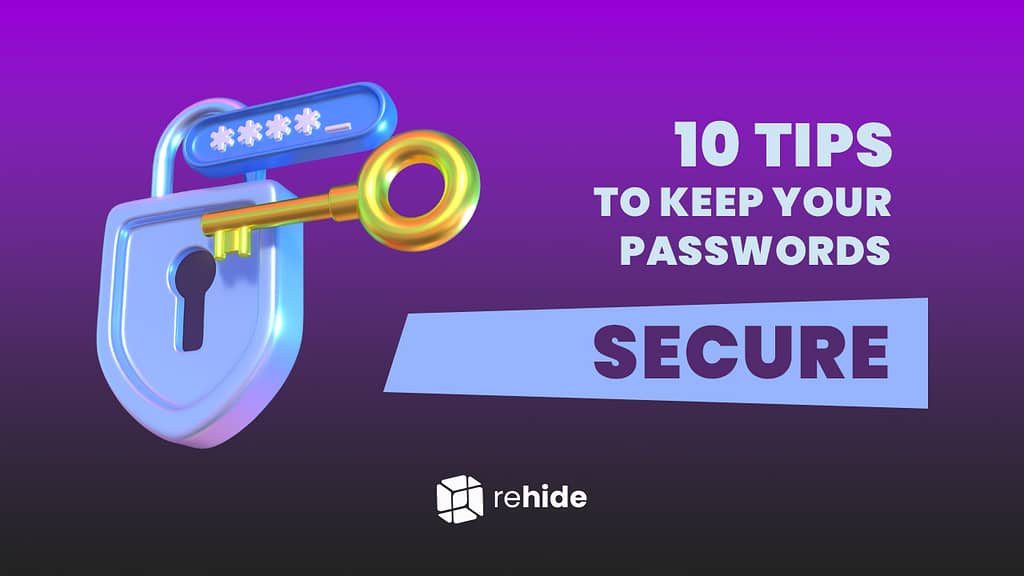
We know that keeping your passwords secure can be challenging. In this article, we’ll provide you with some basic tips to prevent leaks in your accounts.
Complexity is Key
Ensure your passwords are strong. Mix uppercase, lowercase, numbers, and special characters to make them more resistant.
No Personal Info
Avoid using personal data like names, birthdates, or phone numbers in your passwords. Opt for more abstract combinations.
Unique Passwords for Each Account
Don’t repeat passwords! Each account should have its own combination to minimize risk in case of a potential hack.
Regular Updates
Change your passwords periodically to maintain security. Don’t let them become outdated and vulnerable.
Two-Factor Authentication (2FA)
Enable 2FA whenever possible. Adding an extra layer of security significantly reduces the risk of unauthorized access.
Check URLs
Ensure you’re on secure websites before entering your password. Verify that the URL starts with “https://” and look for the padlock in the address bar.
Avoid Obvious Passwords
Passwords like “123456” or “password” are the first choices hackers try. Be creative to stay safe.
Don’t Save Passwords in the Browser
While convenient, avoiding saving passwords in the browser lowers the risk in case someone gains access to your device.
Monitor Your Accounts
Keep an eye on your account activity. If you notice anything suspicious, change your password immediately and contact support.
Use a decentralized password manager
Traditional services store your info in databases prone to leaks. Solutions like Rehide allow you to protect your data with multiple layers of encryption, and we don’t store anything! Only you can access your confidential info.
We invite you to learn more about our revolutionary technology for secure, decentralized, and private password management through Web3.
Learn more about Rehide’s web3 password manager on our blog.